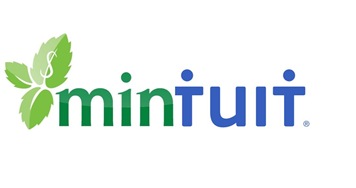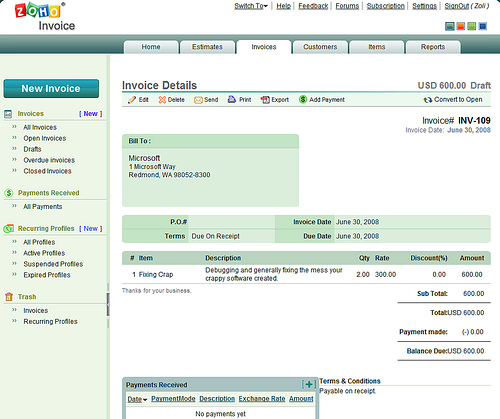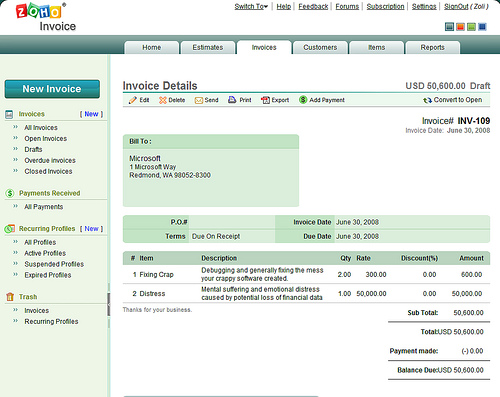 TechCrunch50 could not have asked for a better start: they get to announce that personal finance startup Mint winner of the $50K grand prize @ TC50 two years ago just got acquired for $170M.
TechCrunch50 could not have asked for a better start: they get to announce that personal finance startup Mint winner of the $50K grand prize @ TC50 two years ago just got acquired for $170M.
Great exit for a startup – not so sure about concerned users. But the big question today is why it made sense for Intuit and what the future holds for Mint and its users. The consensus is that first of all this has been a defensive move. Mint started to bite into the Intuit / Quicken pie, and Intuit just had to stop it.
There is some irony in this deal: the playbook had been written by Microsoft, against Intuit.

 An era comes to an end on June 30th, when
An era comes to an end on June 30th, when  You’d think at least Microsoft’s own products are compatible with Vista. Well, sort of. MS Money users who converted from Quicken may be out of luck.
You’d think at least Microsoft’s own products are compatible with Vista. Well, sort of. MS Money users who converted from Quicken may be out of luck.


 My poor experience was with MS Money 2007, but with Money Plus, the 2008 version of the product line Microsoft shows true ignorance to users’ legacy data needs. Money Plus comes in four editions: Essentials, Deluxe, Premium, and Home & Business.
My poor experience was with MS Money 2007, but with Money Plus, the 2008 version of the product line Microsoft shows true ignorance to users’ legacy data needs. Money Plus comes in four editions: Essentials, Deluxe, Premium, and Home & Business.


Recent Comments